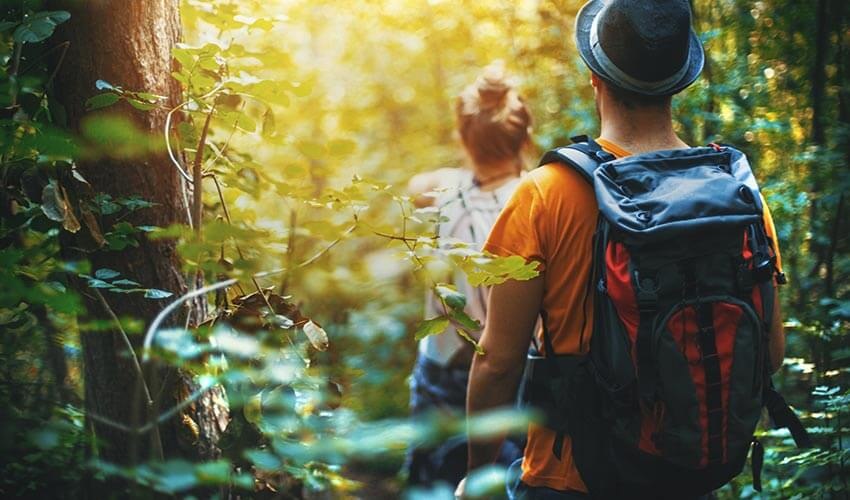Exploring nature is a wonderful way to connect with the environment and get in touch with the natural world. Whether you are hiking in the woods, camping in the wilderness, or just taking a stroll through a park, you are likely to come across various wild animals and insects. While it can be thrilling to see these creatures up close, it is important to remember that they are not domesticated pets and can pose a threat to human safety. Here, we will discuss some tips and tricks for staying safe from wild animals and insects while exploring nature.
- Do your research
Before heading out into the wilderness, take some time to research the area you plan to visit. Find out what kind of wildlife and insects are common in the region and learn about their habits and behavior. Knowing what to expect will help you prepare for encounters and avoid potentially dangerous situations.
- Dress appropriately
Wearing the right clothing can go a long way in protecting you from insect bites and other hazards. Wear long-sleeved shirts and pants made from lightweight, breathable fabric, and avoid bright colors or patterns that may attract insects. It’s also a good idea to wear closed-toe shoes and socks to protect your feet.
- Use insect repellent
Insects like mosquitoes and ticks can carry diseases, so it’s important to protect yourself from bites. Use insect repellent containing DEET or picaridin on exposed skin, and consider treating your clothing with permethrin, which repels insects and ticks.
- Keep a safe distance from wildlife
When you encounter wild animals, it’s important to remember that they are not pets and can be dangerous. Keep a safe distance and avoid approaching them. If you want to take photos, use a telephoto lens to avoid getting too close. Respect their space and observe from a distance.
- Make noise
Wild animals will usually avoid humans if they hear them coming, so make noise when you are hiking or exploring to avoid surprising them. Clap your hands, talk, or sing to let them know you are in the area.
- Store food properly
Animals are attracted to food, so it’s important to store your food properly to avoid attracting wildlife. Use bear-resistant containers if you are camping in bear country, and store your food and trash in sealed containers in your car or a designated storage area. Don’t leave food or trash out in the open.
- Stay on designated trails
Staying on designated trails not only helps protect the environment, but it also reduces your risk of encountering wildlife. Animals are more likely to stay away from heavily trafficked areas, so sticking to established trails can help you avoid potentially dangerous encounters.
- Carry bear spray
If you are hiking or camping in bear country, it’s a good idea to carry bear spray. This is a type of pepper spray specifically designed to deter bears and other large animals. Make sure you know how to use it before heading out into the wilderness.
- Know what to do in case of an encounter
Even if you take all the necessary precautions, you may still encounter wildlife or insects. It’s important to know what to do in case of an encounter. If you encounter a bear, back away slowly and don’t run. If the bear charges, use your bear spray or play dead by lying on your stomach with your hands behind your neck and legs spread apart. If you encounter a snake, give it plenty of space and don’t try to handle it. If you are bitten by a venomous snake, seek medical attention immediately. You need to buy break action shotgun to keep you secure from wild animals.
Conclusion:
By doing your research, dressing appropriately, using insect repellent, keeping a safe distance from wildlife, making noise, storing food properly, staying on designated trails, carrying bear spray, and knowing what to do in case of an encounter, you can stay safe while exploring nature. Remember to always respect the environment and the wildlife that call it home, and to take necessary precautions to ensure a safe and enjoyable experience. With these tips and tricks in mind, you can have a fun and safe adventure in the great outdoors.



